Every four years, the Paralympic Games bring increased attention to athletes with impairments—as is the case this week in Rio de Janeiro. But even when the games aren’t taking place, the U.S. government uses para-athletes as foreign policy tools, part of a continuous diplomatic effort to promote disability rights around the world.
The State Department launched its sports diplomacy program, SportsUnited, in 2002 as part of the Bush administration’s post-9/11 efforts to engage with young Middle Eastern men, according to SportsUnited program officer Ann Cody. The initiative consists of several components: “Sports Grants” and “Sports Visitors” programs fund and coordinate athlete exchanges with other countries; a global sports mentoring program pairs emerging female leaders with American female executives in the sports industry; and “Sports Envoys” sends American athletes around the world to lead clinics and community outreach.
SportsUnited started enlisting physically impaired athletes as envoys in 2013, three years after President Obama appointed Judith Heumann as the State Department’s first Special Advisor for International Disability Rights—and a year after Senate conservatives prevented the U.S. from ratifying the U.N. Convention on the Rights of Persons with Disabilities.
To demonstrate that this rejection was not reflective of American values, the State Department dispatched wheelchair basketball Paralympian Andrea Woodson-Smith and volleyball Deaflympian Becky Clark, who also played college basketball at the University of Tennessee, to Guangzhou, China. The duo bounced from disability policy roundtables with government officials and university professors to wheelchair basketball clinics with local youths and the Chinese women’s Paralympic basketball team.
“It was life-changing for both Andrea and myself. We were in tears, it was so empowering,” Clark tells GOOD. “Ping-pong diplomacy started with Nixon in China. Now fast forward 30, 40 years, and here we are, envoys with disabilities working not only with youth and disabilities, but also the government in China. We were so welcomed and we learned a lot as well.”
Since that first trip, the State Department has sent disabled athletes on 14 diplomatic missions around the world. Part of the goal is to demonstrate to foreign governments and populations what people with impairments can accomplish.
“You really have an opportunity to change a culture, and that ends up going far beyond sport,” says wheelchair tennis coach Dan James, who served as an envoy to Bulgaria in 2015. “We didn’t want to put on a show and leave. We were actually trying to create a legacy.”
The idea of sports being used as a diplomatic tool wasn’t always embraced.
In his 32 years in the diplomatic corps, 26 of them at the United Nations, Hugh Dugan grew used to officials dismissing sports diplomacy as trivial. “That’s nice, but let’s get back to nuclear disarmament,” was a typical response he received when offering sports as a tool to promote peace and development.
That type of resistance has led to underfunding and underutilization of sports as a diplomatic tool, Dugan tells GOOD. But impaired athletes offer one of the clearest examples of sports’ power to influence policies and mindsets.
“It can be a very powerful showcase to demonstrate the ability of the human spirit to overcome challenges, more than the normal sporting activity,” Dugan says. “It reinforces the basic fact that these are real people with real human rights. And it leads some countries to realize that they don’t need to be embarrassed about their citizens with disabilities, that actually they are a point of pride.”
[quote position="right" is_quote="true"]We didn’t want to put on a show and leave. We were actually trying to create a legacy.[/quote]
Trooper Johnson saw that effect first-hand in his trip to Russia in 2015. The four-time wheelchair basketball Paralympian didn’t expect much from a country that 35 years earlier had declined to host the Paralympics, even going so far as to deny the existence of any “invalids” in the country. Now the nation is promoting its disabled athletes in posters and the media—the fallout from its delegation being banned from the Paralympic Games in Rio notwithstanding.
“They were totally acknowledging and embracing their disabled athletes as the same [types] of heroes as any able-bodied athlete,” Johnson tells GOOD. “It was amazing.”
And the type of change seen in Russia is what these diplomats are trying to affect, especially in places where people with disabilities are excluded from playing sports, or going to school and places of worship. Bringing real-life examples to these populations is key.
Dr. Sarah Hillyer, the executive director of the Center for Sport, Peace and Society at the University of Tennessee, says impact starts with the individual.
“We all need role models, heroes, someone who looks like us to believe we can become what we dream of becoming,” Hillyer tells GOOD. “Without sounding too cliché, seeing is believing.”
Cody, the SportsUnited program officer, is now planning a sledge ice hockey program in Slovakia for October, and she remains confident that disabled sports diplomacy will continue to progress regardless of which political party takes control of the State Department after November’s election. Advancing disability rights, she says, is a bipartisan priority.
[quote position="left" is_quote="true"]Impaired athletes offer one of the clearest examples of sports’ power to influence policies and mindsets.[/quote]
The key here is experience and infrastructure.
“We’ve really been able to institutionalize it,” says Cody, a three-time Paralympian who spent years as an advocate in the disability rights movement before joining the State Department in 2014. “More and more embassy staff overseas who have experienced putting on these programs now want to continue to do that.”
That’s crucial for athletes like Clark and James, both of whom said they have kept in touch with people they met on their missions and want to see their outreach translate into an extended legacy.
“We have long-term goals. This is not something that’s a one-shot thing,” Clark says. “We planted the seeds and we’re committed to the hard work of advancing disability rights in both of our countries, now and for the foreseeable future.”







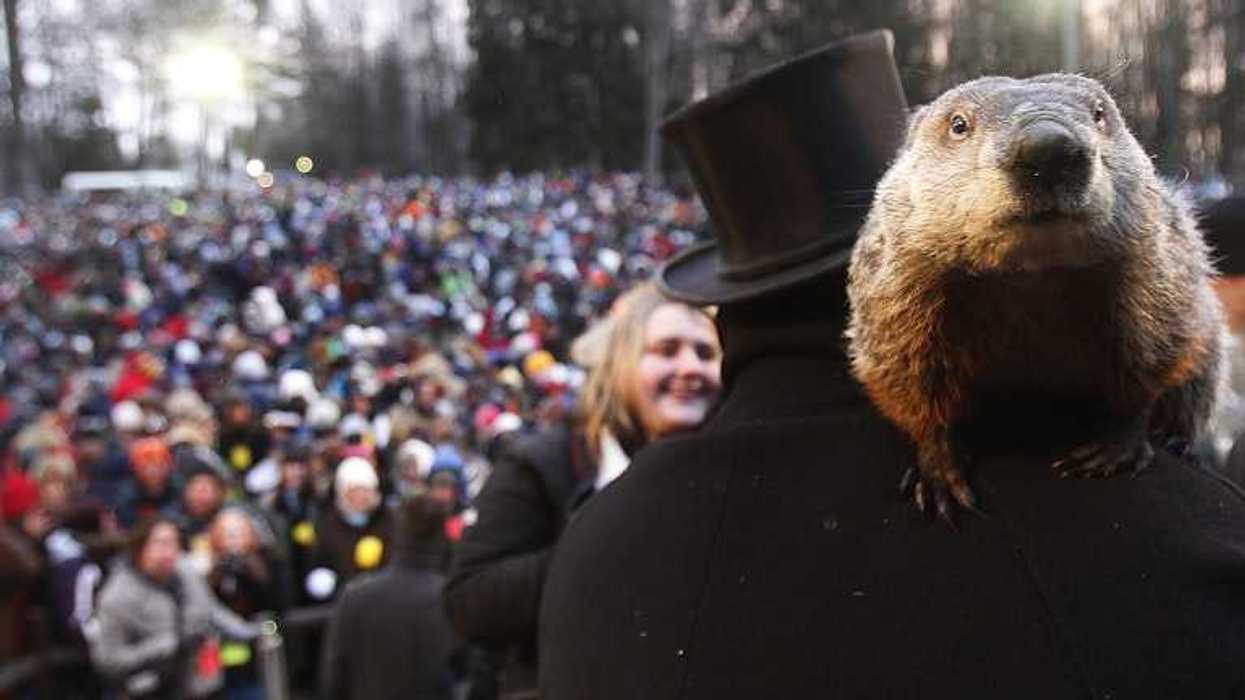










 A woman sits in a new car at a dealershipCanva
A woman sits in a new car at a dealershipCanva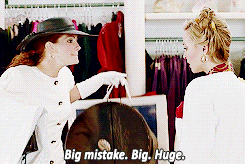 GIf from 'Pretty Woman' of Roberts saying "BIg mistake. Big. Huge." via
GIf from 'Pretty Woman' of Roberts saying "BIg mistake. Big. Huge." via 

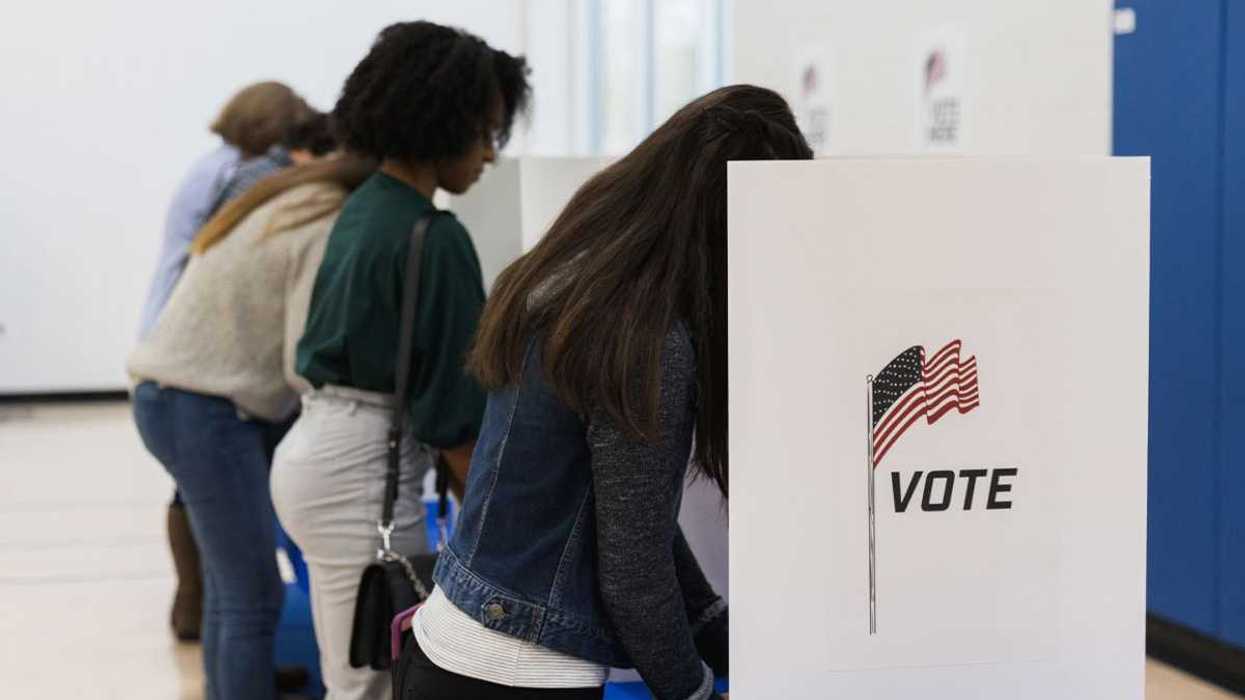 People voting. Photo credit:
People voting. Photo credit: 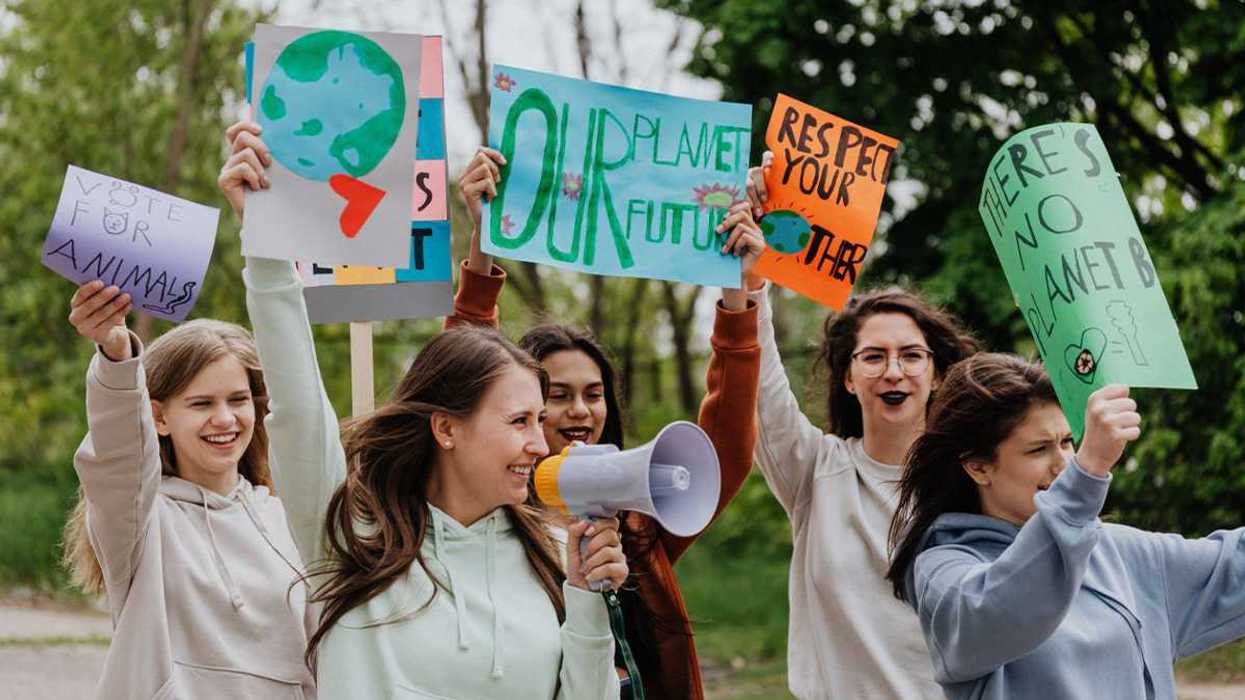 Young women rally. Photo credit:
Young women rally. Photo credit:  Tressie McMillan Cottom.Tressie McMillan Cottom/
Tressie McMillan Cottom.Tressie McMillan Cottom/ 
 Winter weather.
Winter weather. 
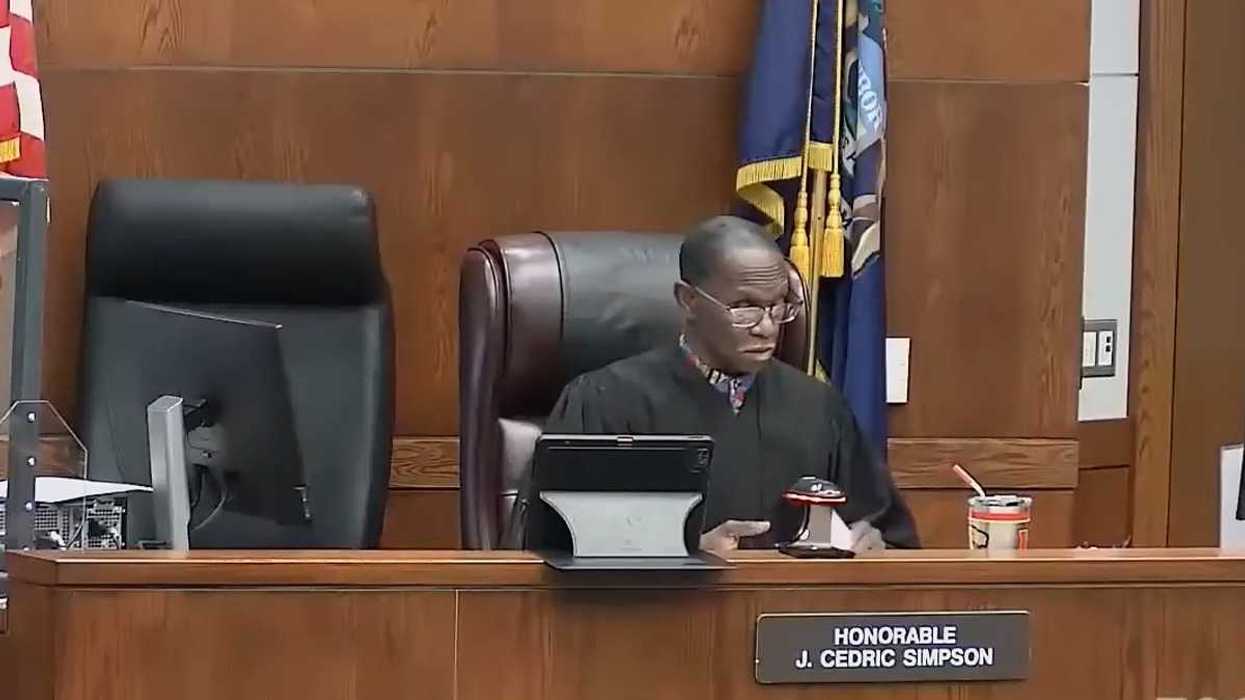 Honorable J. Cedric Simpson at work in the courtroom.Image from
Honorable J. Cedric Simpson at work in the courtroom.Image from 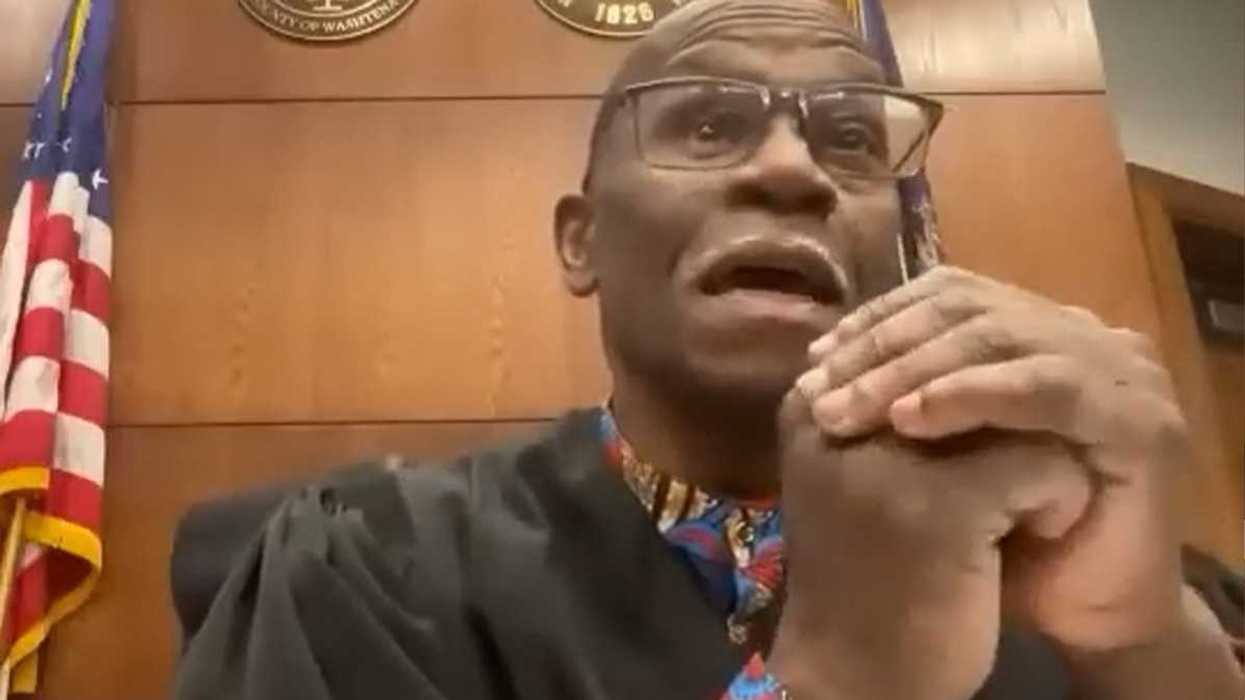 A close up of Judge Simpson.Image from
A close up of Judge Simpson.Image from 
 Siblings engaging in a pillow fightCanva
Siblings engaging in a pillow fightCanva